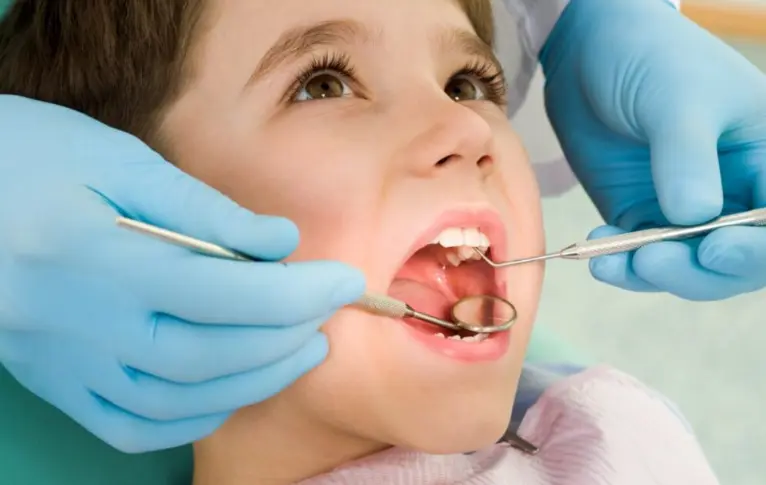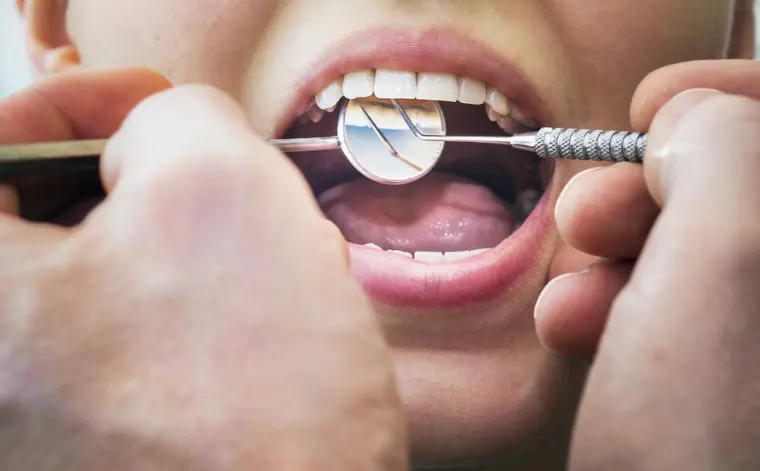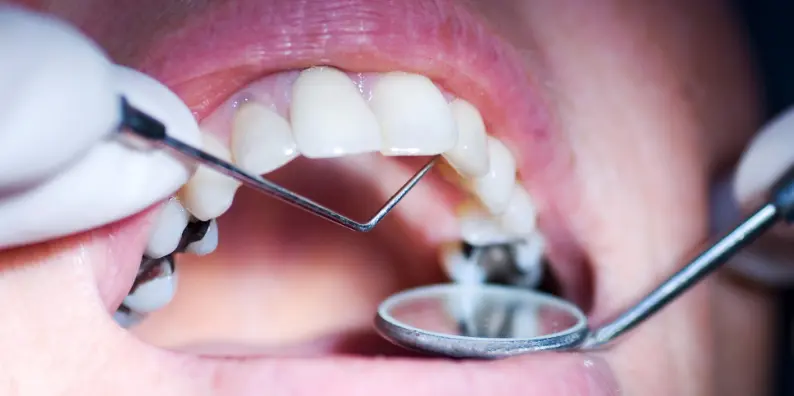We will talk today about Anti-cavity because receiving the diagnosis of having a cavity might be discouraging. Although paying for fillings is unpleasant, it is necessary. Untreated decay will eventually spread and result in more severe issues, such as cracked and broken teeth, which are far more expensive to correct than cavities!
The good news is that you can always take better care of your smile at any time. Including a mouthwash containing sodium fluoride in your regular dental practice is one of the greatest methods to do this. Beyond preventing cavities, fluoride mouthwash has a plethora of other advantages! Discover what they are and the three reasons you require an anti-cavity mouthwash by continuing to read.
Anti-cavity

In addition to fighting tooth decay and preventing cavities, Anti-cavity mouthwash also helps to freshen foul breath and can help decrease plaque and gingivitis. Your dental health can be significantly improved by mouthwash.
Nothing compares to the sensation of mouthwash rinse. Your breath feels crisp and tingling after gargling with a minty rinse, which gives you more self-assurance to start the day.
However, there are a lot of untruths concerning mouthwash that circulate. Many excellent questions are posed to us by our patients: Do mouthwashes genuinely stop gum disease and cavities? Is mouthwash necessary, particularly if you have dry lips or sensitive teeth?
And which mouthwash actually works best for enhancing dental health, given all the promises of deep whitening and plaque removal?
We’re happy you asked, though, because we’re prepared to address the debate over mouth rinses. We’ll discuss their advantages and disadvantages, suggest the kind of Anti-cavity mouthwash that’s ideal for you, and offer shrewd advice based on the most recent research below.
How to apply Anti-cavity mouthwash
The product instructions could change depending on the mouthwash brand you choose. Always heed the directions on the packaging rather than what you read in an article.
These are general use guidelines for the majority of mouthwash brands.
-
Start by cleaning your teeth
Begin by giving your teeth a thorough cleaning and flossing.
Wait a little before using mouthwash if you are brushing with fluoride toothpaste. The toothpaste’s strong fluoride content may be eliminated by the mouthwash.
-
Quantity of mouthwash to use
Fill a plastic measuring cup or the cup that comes with the product with your preferred oral rinse. Just as directed by the manufacturer, use the recommended amount of mouthwash. Usually, three to five teaspoons are used.
-
Get everything ready, then rinse
Pour out the contents of the cup and give it a quick swirl. Refrain from swallowing it. Mouthwash is not designed to be consumed, and drinking it will make it ineffective.
Gargle for thirty seconds while you’re washing. Consider setting a watch or attempting a mental count of thirty.
-
Let it go by Spitting it out
Pour the mouthwash into the sink.
Which Anti-cavity mouthwash kinds are there?

It’s evident from the preceding list that there are several mouthwash formulae available. Among the mouthwash varieties are:
-
Fluoride
Mouthwashes that include SODIUM FLUORIDE in them aid in the battle against tooth decay and cavities. Nevertheless, since you should be using fluoridated toothpaste, utilizing fluoridated mouthwash might provide you an extra dose of fluoride than what is advised daily.
-
Antiseptic
This kind of mouthwash inhibits the growth of germs and contains alcohol. Not only is it great for those with oral infections, but it also helps fight off foul breath, or halitosis. While it might be useful in eliminating germs and giving you cleaner breath, excessive usage can cause tooth discoloration.
-
Cosmetic
Cosmetic Anti-cavity mouthwash is used to hide poor breath, just the way cosmetics might be used to cover up blemishes. It actually doesn’t last long and doesn’t accomplish much more than that.
-
Organic
This method of using mouthwash is comprehensive. These products have safer components than other mouthwashes and are devoid of alcohol.
-
Dry mouth
You can get certain mouthwashes that keep your mouth moist and prevent tooth decay if you suffer from dry mouth, as it is detrimental to your oral health.
-
Spray for breath
You may keep these convenient small sprays in your pocket or handbag for an instant breath-freshening burst of mouthwash. Still, most of the time they only cover up foul breath. In actuality, the majority also have components that are bad for your teeth.
How to Select the Ideal Anti-cavity Mouth Rinse for Yourself
The following are the top 5 reasons to use mouthwash every day:
-
Thoroughly clean the oral surface parts that are not the teeth
Mouthwash reaches parts of the mouth that a toothbrush cannot reach.³ Mouthwash eliminates microorganisms in these regions, lowering and averting any issues with dental health.
-
Gum disease may be avoided by using mouthwash
Mouthwash is made of chemicals that combat cavities and tooth decay while also freshening breath.
Among the many advantages of mouthwash include its ability to lessen plaque development, alleviate discomfort, manage cavities, lessen or prevent acid-induced erosion, and lessen or prevent gum disease.
-
Helps breath seem fresher
Mouthwash reduces breath odor and gives you a feeling of freshness. It acts to eliminate the bacteria that cause bad breath in addition to making it taste better.
After you eat, mouthwash can help loosen food particles that become lodged in your teeth.
-
Brightens teeth
Hydrogen peroxide, an ingredient in mouthwash, whitens teeth.· Whitening mouthwash can also dramatically lighten discolored teeth when taken regularly.
Additionally, non-abrasive whitening technology, which creates a barrier to preserve enamel and stave against subsequent stains, may be found in several mouthwash varieties.
Read more: Replacing missing teeth
-
Mouthwash has a variety of active components

Anti-cavity Mouthwash functions differ depending on the demands of each about dental health. To provide the best possible dental healthcare, mouthwash contains active substances that function differently on oral surfaces that are not teeth.
For example, antimicrobials eliminate germs, which lowers plaque. Inflammatory drugs reduce pain. To prevent acid-induced erosion, bicarbonate alkalinizes saliva’s pH and fluoride resists acidity, which controls the formation of cavities.
Now that you are aware of all of Anti-cavity mouthwash, you can determine whether it is effective for you. And you should see a dentist at Healhorizons if you’re ever unsure.


